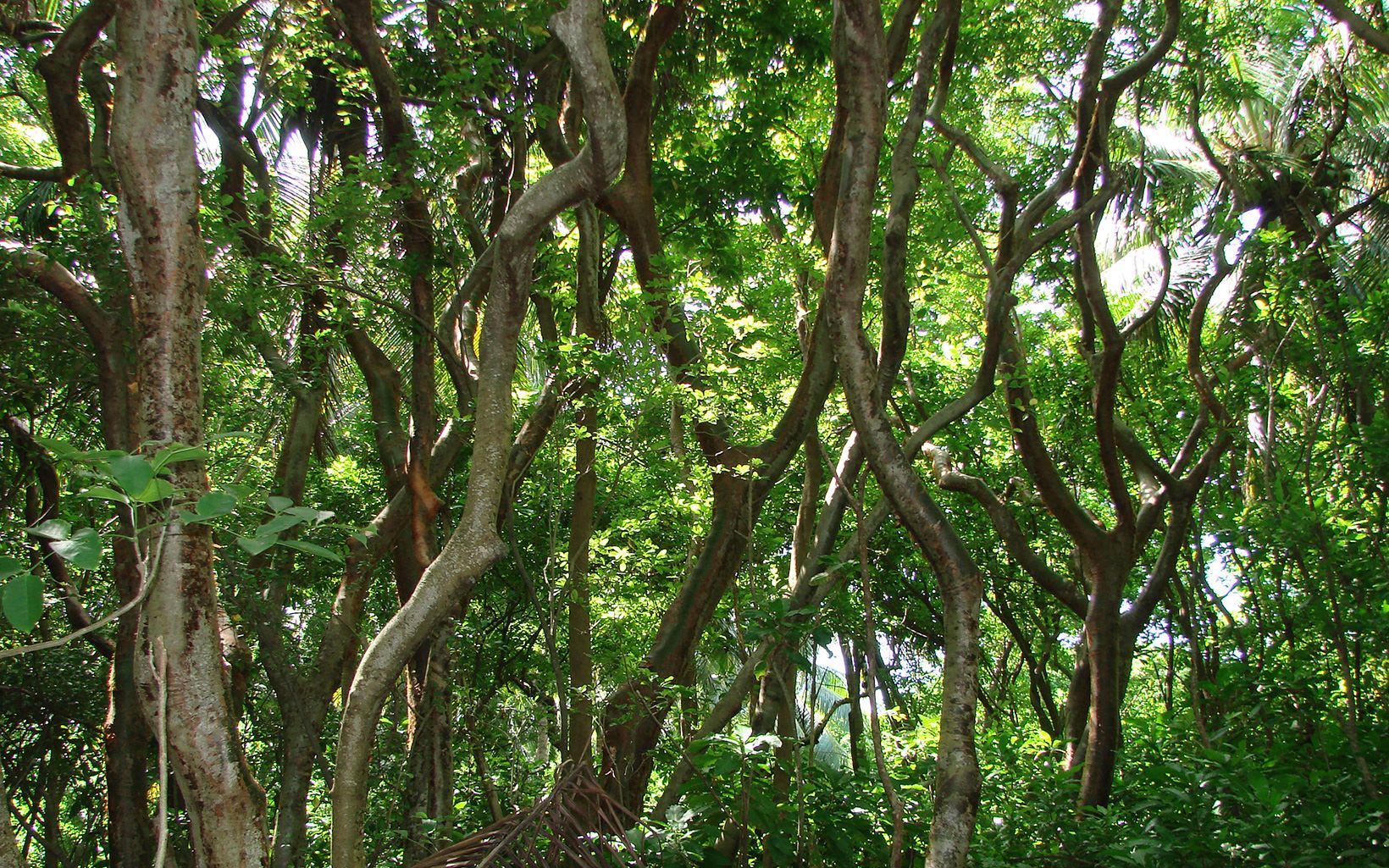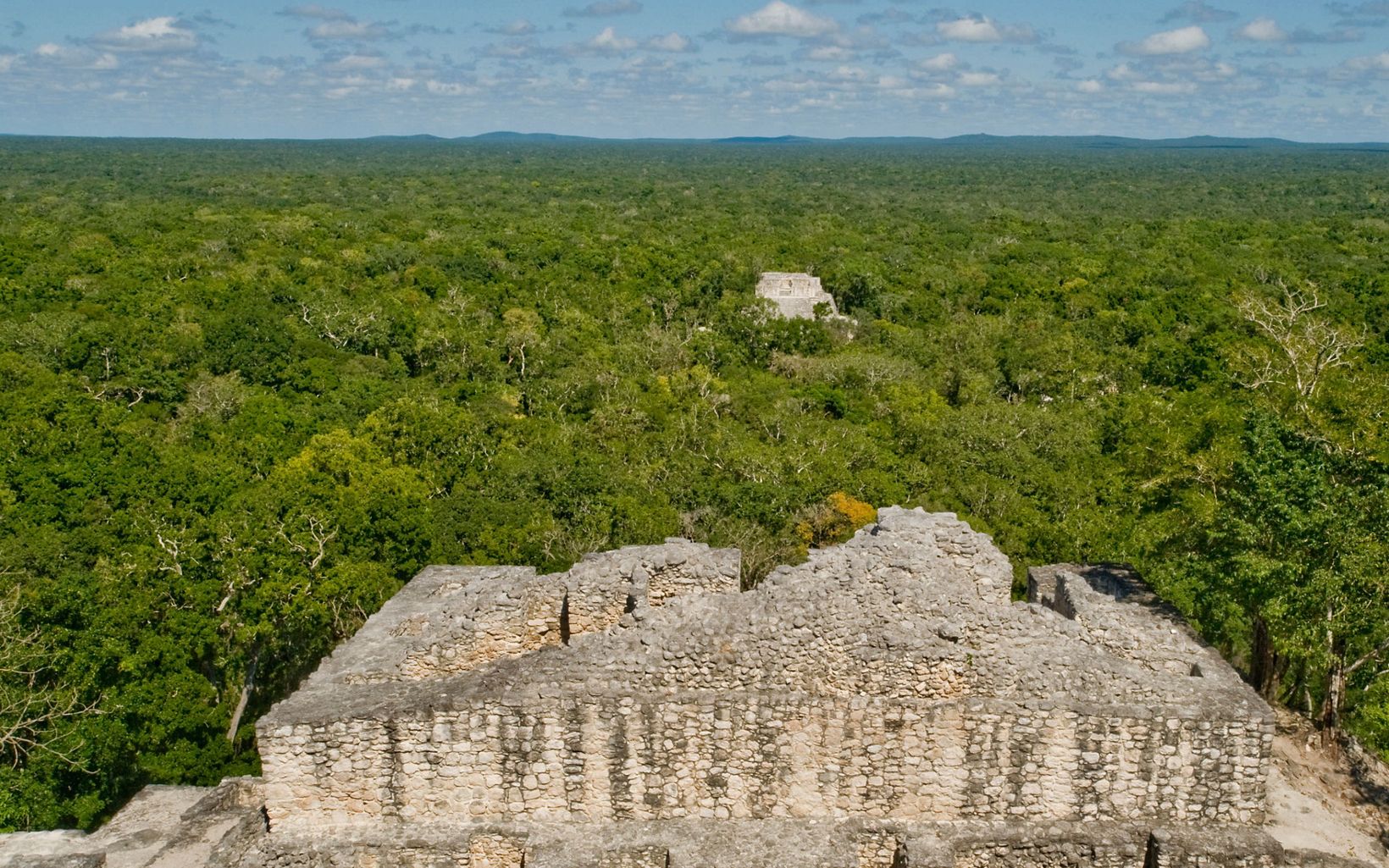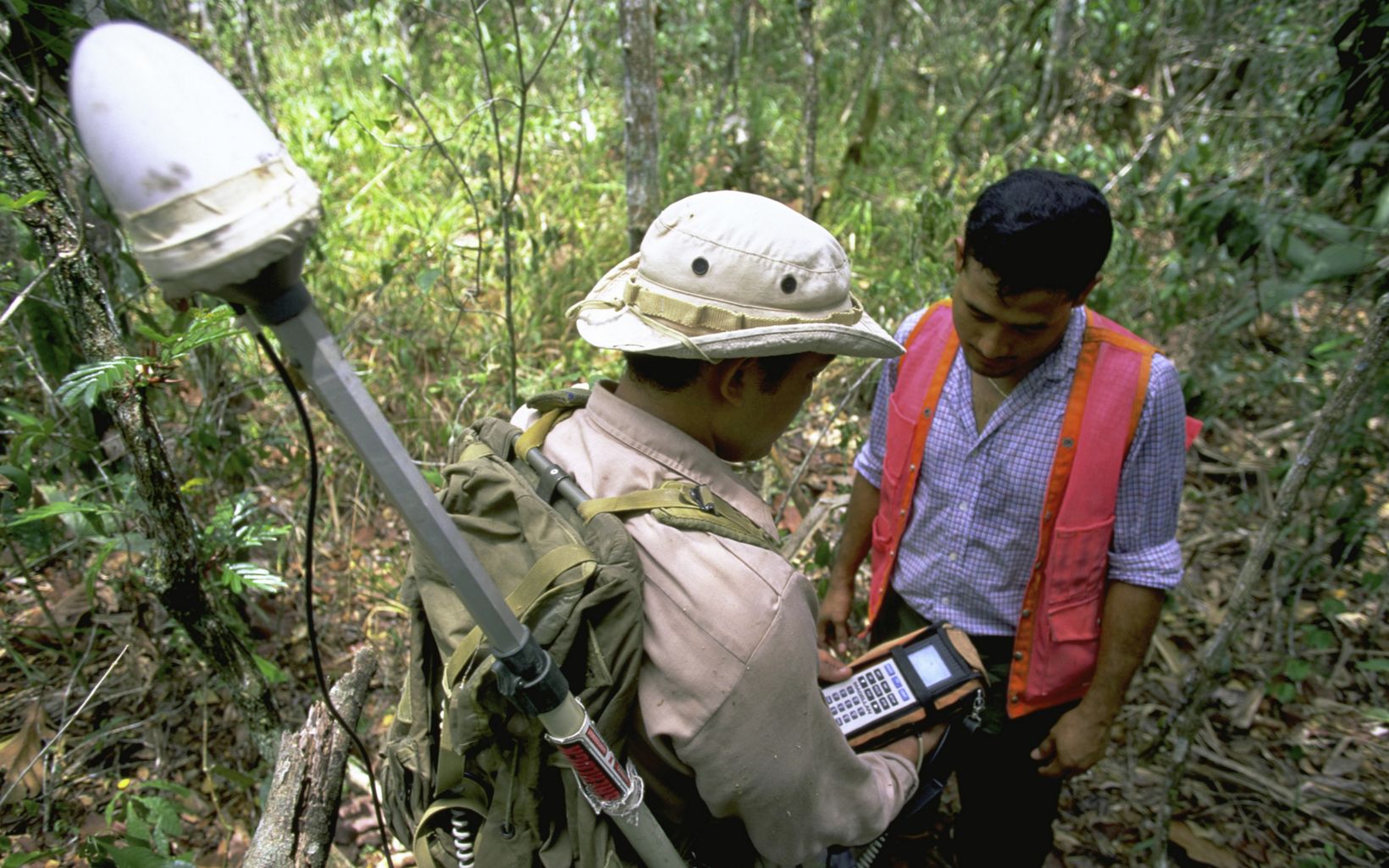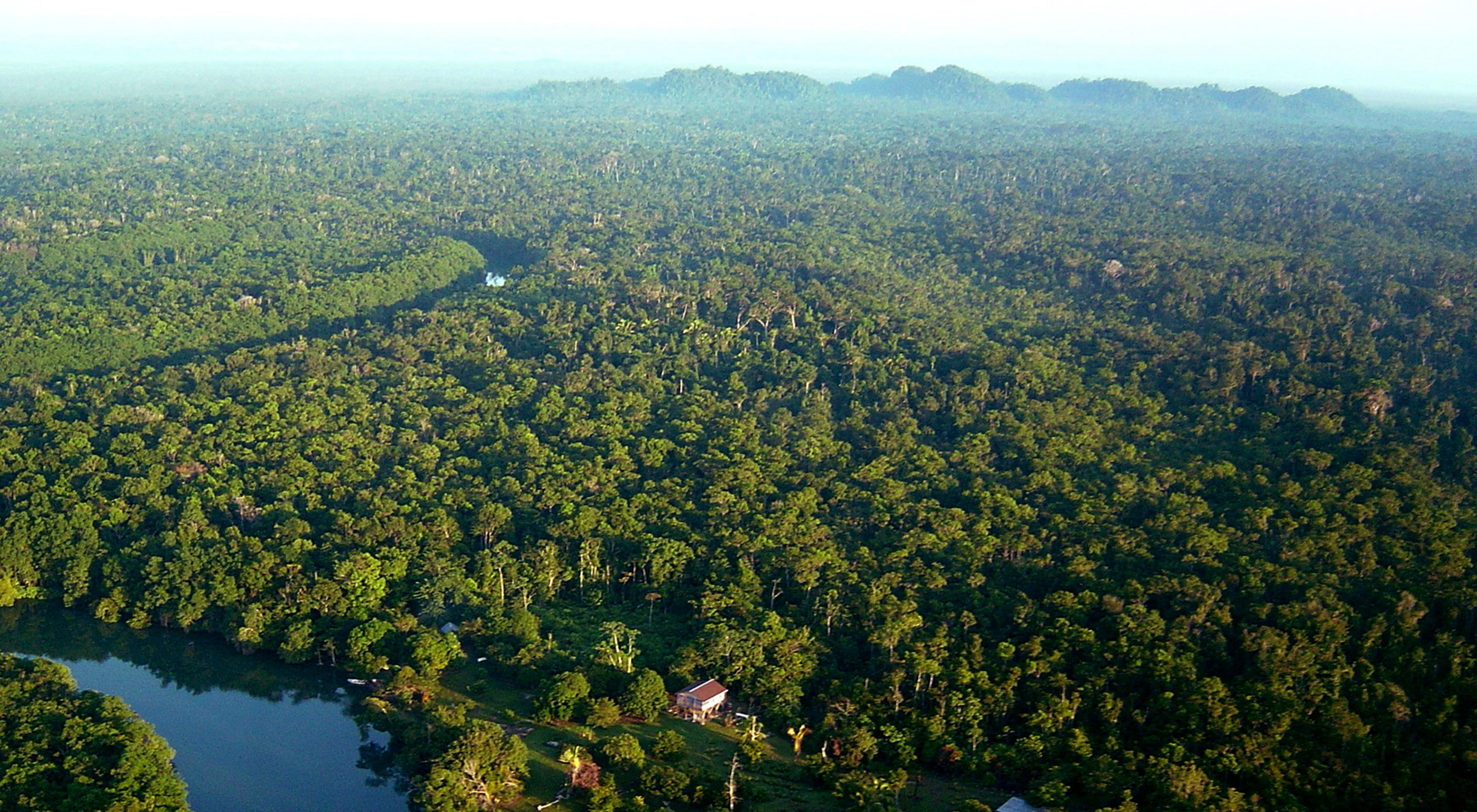Despite their enormous value, forests are facing increasing pressure. Nature's value rarely figures in economic decisions, and we continue to sacrifice natural systems as we expand our production of food, energy and other needed resources. This deepens cycles of poverty by threatening food security, reducing access to clean water and increasing vulnerability to climate change.
Healthy forests sustain our economies, supply our water and energy, and clean our air. They sustain crops and millions of people's livelihoods.
In Belize, we safeguard the Maya Forest by:
Protecting forests, people and livelihoods
Transforming practices, policy and incentives to expand sustainable rural development and forest conservation
Inspiring large scale adoption of a sustainable rural development model
Despite their enormous value, forests are facing increasing pressure.
Nature's value rarely figures in economic decisions, and we continue to sacrifice natural systems as we expand our production of food, energy and other needed resources. This deepens cycles of poverty by threatening food security, reducing access to clean water and increasing vulnerability to climate change.
Healthy forests sustain our economies, supply our water and energy, and clean our air. They sustain crops and millions of people's livelihoods.
In Belize, we safeguard the Maya Forest by:
- Protecting forests, people and livelihoods.
- We are working to build a green economy, based on social inclusion and low carbon emissions, through improved and intensified practices in agriculture, ranching and forestry to slow down deforestation and forest degradation.
- Transforming practices, policy and incentives to expand sustainable rural development and forest conservation.
- We are piloting demonstration sites that showcase Integrated Landscape Management - a model for building resilience and adaption to climate change by conserving forests through sustainable rural productive systems.
- Inspiring large scale adoption of a sustainable rural development model.
- We aim to strengthen nature and people against the impacts of climate change.






After the Amazon, Mesoamerica's 35 million-acre Mayan Forest is the largest remaining tropical rainforest in the Americas. Established in 1996 as one of the first REDD++ projects in the world, TNC's Rio Bravo Conservation and management area ensures the conservation and sustainable management of more than 260,000 acres of Maya Forest in Belize.
The Maya Forest works as Central America's lungs, serving populations beyond its boundaries as a climate-mitigating carbon storehouse. Our Rio Bravo Climate Action Project is a model of how saving forests is part of the solution to climate change, preventing the net emission of more than 207,500 metric tons of carbon dioxide per year.
In cooperation with our partner organization, Programme for Belize, the Nature Conservancy is working to prevent deforestation and promote carbon sequestration. Strategically managing old- and new-growth forests can allow for the protection of habitat space and the mitigation of carbon emissions, all while affording the possibility of sustainable timber extraction.
The Rio Bravo Climate Action Project, one of several carbon projects developed by the Conservancy and its partners, is a model project demonstrating how saving forests is part of the solution to climate change.
It is a model program for climate change solutions:
- Permanence. Long-term funding mechanisms, including establishment of an endowment fund, will help to support the project over the long term. Control of fire and illegal wood harvesting in the project area help reduce unintended loss of forest and new emissions of carbon dioxide.
- Additionality. The carbon benefits are clearly additional to what would have occurred without the project. If not for the project, the land would have been cleared and converted to agricultural production.
- Leakage. As part of the third-party verification of carbon offsets from the Project, a discount was applied to gross carbon benefits to account for potential leakage due to the project activity.
- Local economic development. Various project activities provide jobs and training in ecotourism, forestry, forest management and park security. Improved road maintenance and other infrastructure improvements benefit communities that border the area.
- Forest resource and habitat conservation. Increased protection and improved forest resource management ensures conservation of timber and non-timber resources. The forest management plan is certified under Forest Stewardship Council principles and guidelines by Rainforest Alliance.
The project is funded by Delta Air Lines, customers of Delta Air Lines and supporters of The Nature Conservancy who offset their personal carbon footprint by making donations resulting in the retirement of verified offsets from this project. The Project has been validated and verified according to the Verified Carbon Standard (“VCS”), a global leader in the quantification of carbon emissions and the issuance of credits on the voluntary market.
